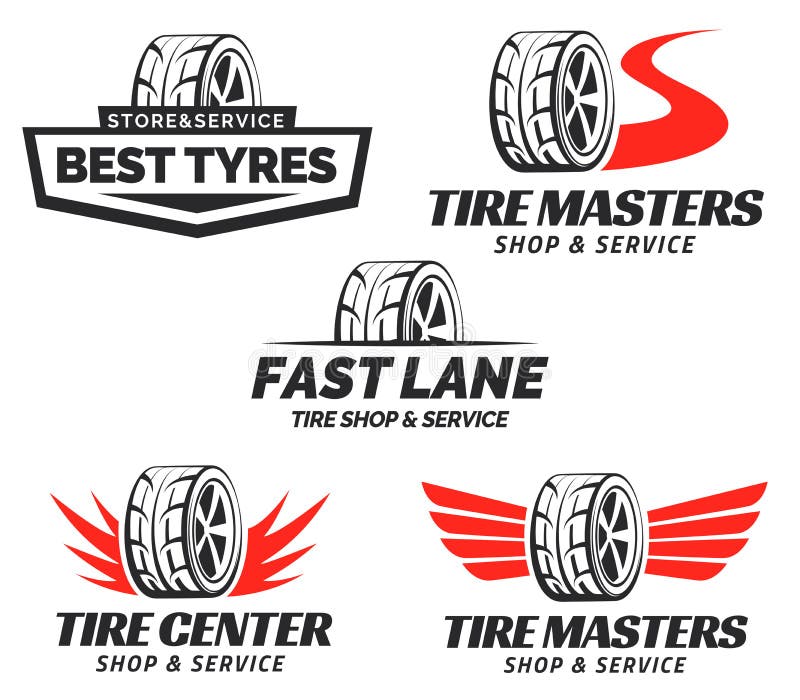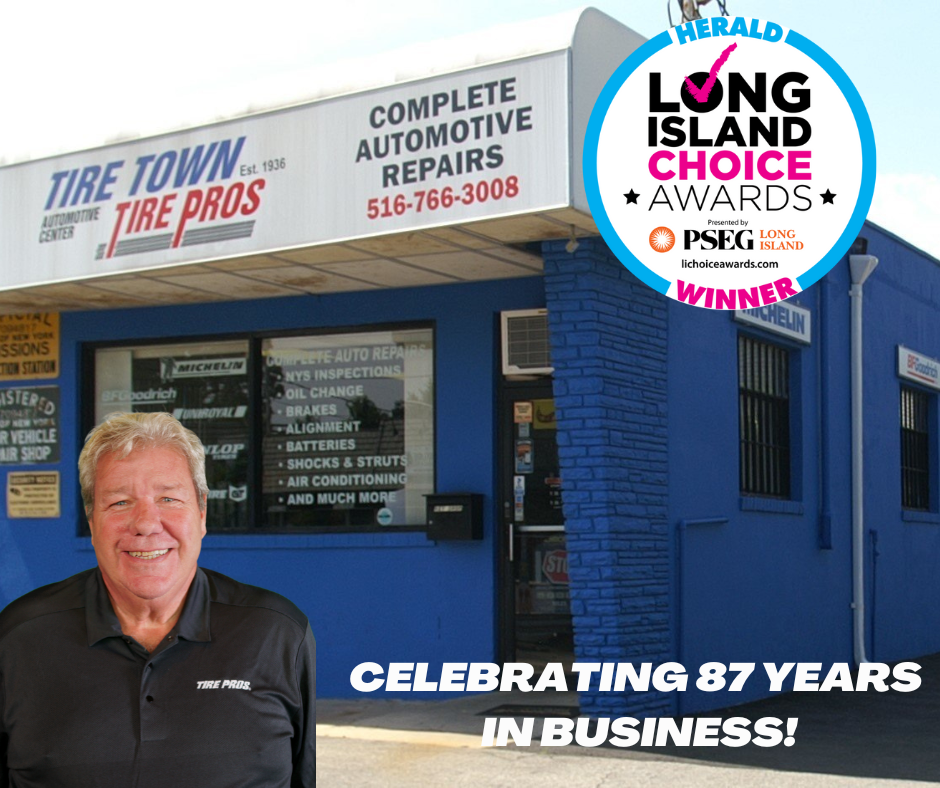Experience Quality: Tire Tracks Morris IL, Your Ultimate Tire Shop
Experience Quality: Tire Tracks Morris IL, Your Ultimate Tire Shop
Blog Article

Tire Solution Mistakes to Stay Clear Of whatsoever Prices
Preserving a vehicle's tires might appear like a straightforward task, but it is important to avoid certain typical mistakes that could impact both safety and security and efficiency. From maintaining the proper tire stress to making certain normal turnings and placements, there are vital elements of tire solution that must not be neglected.
Incorrect Tire Stress
Why is maintaining the correct tire pressure critical for optimal car performance and safety and security? Proper tire pressure is necessary for numerous factors. Preserving the recommended tire stress makes sure that the tires put on uniformly, prolonging their life expectancy and conserving you cash in the lengthy run. When tires are underinflated, the sides of the tread wear out quicker, causing the need for early substitutes. Furthermore, the right tire stress adds to far better gas performance. Underinflated tires develop extra rolling resistance, creating the engine to function tougher and burn more gas. By maintaining the tires properly pumped up, you can enhance gas mileage and lower your carbon impact.
Underinflated tires can affect your car's handling and stopping capabilities, raising the risk of accidents, particularly in emergency situation situations. By sticking to the recommended tire stress levels, you ensure optimum car performance, enhanced safety and security on the road, and cost-efficient maintenance.
Disregarding Tire Rotations
Appropriate tire turnings are an essential facet of routine upkeep to make certain also use and extend the life expectancy of your tires. When tires are not rotated frequently, the front tires will wear out more quickly than the rear tires due to factors like braking and guiding.
By ignoring tire rotations, you may also endanger the fuel effectiveness of your car. Unevenly used tires can create extra drag on the roadway, creating the engine to work more difficult and consume even more gas. This can result in unneeded expenditures at the fuel pump and add to boosted carbon emissions.
To avoid these issues, it is suggested to adhere to the maker's guidelines for tire turning intervals, typically every 5,000 to 7,000 miles, or as specified in your automobile's owner's guidebook. Routine tire turnings will certainly promote also tread wear, prolong tire life, improve fuel performance, and enhance the general safety and performance of your car.
Neglecting Wheel Placements
Disregarding wheel positionings after forgoing routine tire turnings can result in destructive impacts on your automobile's handling and general performance. When wheel positionings are neglected, it can lead to unequal tire wear, causing early damage of the tires.
To avoid these concerns, it is suggested to include wheel alignments as component of your normal upkeep routine, specifically after passing up tire rotations. Normal wheel placements not only make sure a smoother driving experience but also aid lengthen the life expectancy of your tires and boost overall security on the road.
Overlooking Tire Footstep Deepness
Guaranteeing ample tire tread depth is critical for preserving vehicle safety and security and performance. The walk on your tires plays an essential duty in providing traction, specifically in unsafe or damp problems. Ignoring tire tread deepness can lead to reduced you can find out more grasp when traveling, longer stopping ranges, and a raised threat of hydroplaning. To check your tire step depth, you can make use of a simple step depth gauge or the penny test. Insert a penny right into the step grooves with see Lincoln's head upside-down; if you can see the top of Lincoln's head, it's time to change your tires. Driving on tires with not enough walk depth not only endangers your security yet likewise impacts your car's handling and fuel efficiency. On a regular basis inspecting and keeping appropriate tire tread depth is important for safe driving and optimal efficiency. Don't overlook this vital element of tire maintenance, as it can make a significant distinction in your total driving experience.
Avoiding Regular Tire Evaluations
Consistently checking the problem of your tires through detailed inspections is vital for keeping ideal automobile safety and security and performance. By disregarding to inspect your tires, you might miss out on critical warning indicators of wear and tear, such as unequal walk wear, splits, bulges, or foreign items lodged in the tire.

To ensure your security and the long life of your tires, make it a routine to set up routine tire inspections as component of your automobile maintenance routine. By staying proactive and conscientious to the condition of your tires, you can stay clear of expensive repair work and potentially hazardous situations when traveling.

Final Thought
In verdict, it is vital to stay clear of common tire solution blunders to guarantee the safety and longevity of your vehicle (discount tires morris il). Incorrect tire pressure, Full Report ignoring rotations, disregarding alignments, neglecting tread deepness, and skipping examinations can result in unsafe driving conditions and expensive repair work. By staying attentive and proactive in keeping your tires, you can stop unneeded crashes and costs in the future
From maintaining the appropriate tire pressure to making certain normal rotations and alignments, there are key aspects of tire service that should not be ignored. When tires are not turned routinely, the front tires will certainly put on out more quickly than the back tires due to elements like stopping and steering. By ignoring to evaluate your tires, you might miss essential caution signs of wear and tear, such as uneven tread wear, splits, bulges, or international objects lodged in the tire.Normal tire evaluations also enable for the early detection of positioning or suspension issues, which can trigger unequal tire wear if left unaddressed. Ignoring to inspect and maintain the appropriate tire stress can result in decreased gas mileage, bad handling, and premature tire wear.
Report this page